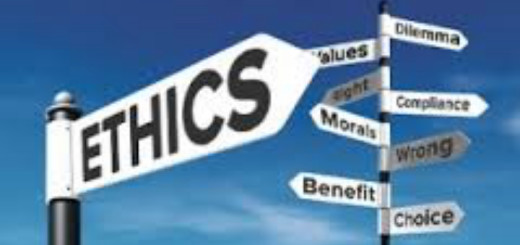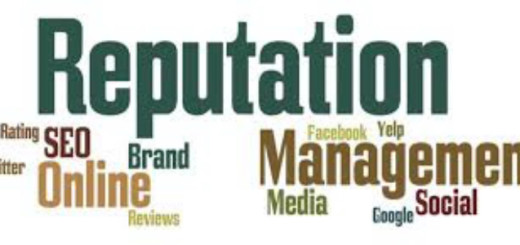Defining Compliance 2.0 — The CEO (Part 2 of 5)
Do the right thing. It will gratify some people and astonish the rest. – Mark Twain We all know the obvious – a CEO’s commitment to ethics and compliance is critical to the success of a compliance program. A CEo who stands up and speaks about the company’s culture of compliance is more than a breath of fresh air – it can be the lifeblood...
























